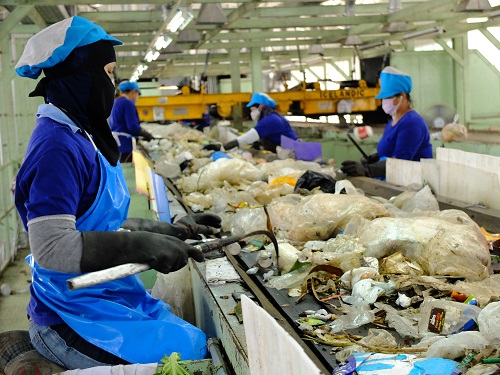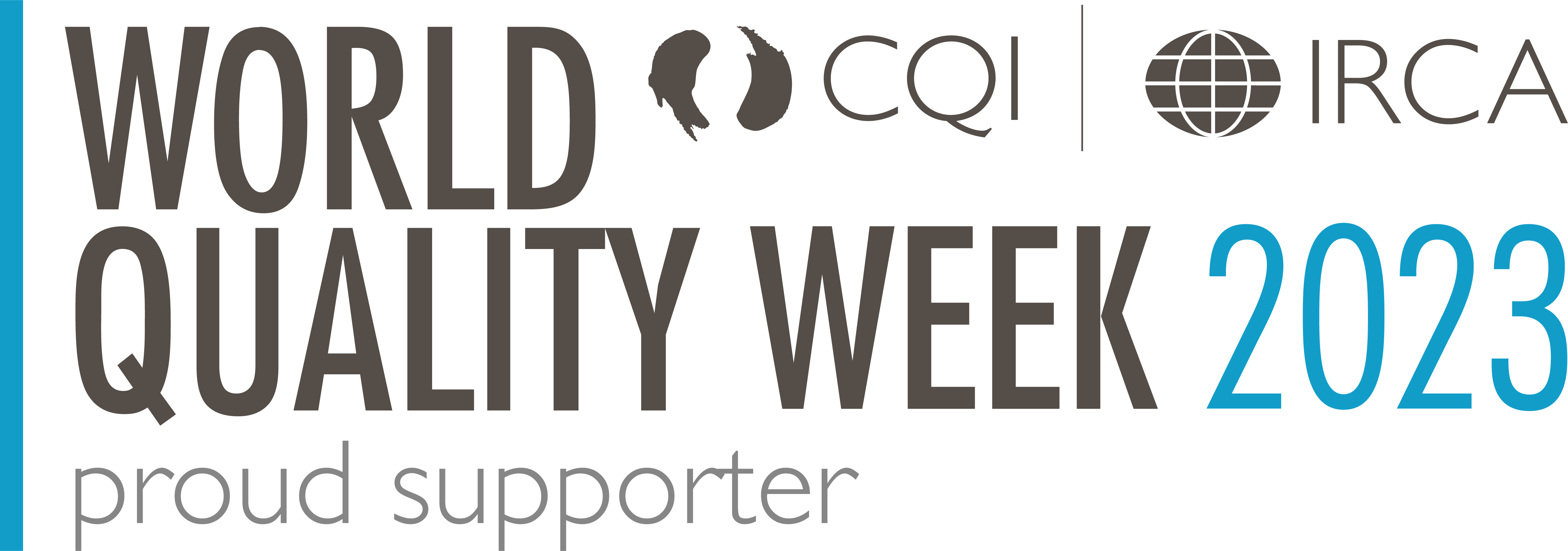The UK Government has announced new measures that place stricter requirements on British organisations involved in exporting or sourcing goods from China's Xinjiang region, strengthening the rules around modern slavery in the supply chain. In response to allegations of forced labour, companies found to be complicit in or profiting from human rights violations will be subject to significant financial penalties and excluded by UK public bodies, with details to be set out at a later date.
The new measures extend the reporting obligations under the Modern Slavery Act to include public sector bodies such as government departments and agencies, and aim to exclude from public procurement any companies which are found to have forced labour from Xinjiang in their supply chains.
In an address to the Commons, the Foreign Secretary Dominic Raab, announced new financial and civil penalties for organisations that fail to comply and future guidance on how to carry out due diligence checks.
A Private Members Bill – the Public Contracts (Modern Slavery) Bill – introduced in the House of Lords in 2020, is also seeking to create a positive duty in public sector procurement to “avoid the commission of services from economic operators engaged in modern slavery.”
“We welcome the Government’s position to take a stronger lead in guiding companies to meaningful compliance and ethical practices to eradicate unacceptable human rights violations in all forms” says Alyn Franklin, CEO of Alcumus, the UK’s leading provider of risk management solutions which help support 40,000 UK businesses to identify and mitigate Modern Slavery risks across their supply chains.
The International Labour Organization currently estimates that there are 24.9 million victims of modern-day slavery or forced labour globally, with key drivers being globalization, supply chain complexity, informal employment practices and government ambivalence.
Under the Modern Slavery Act, firms with a turnover of more than £36 million must publish statements setting out what action they have taken to make sure there is no slavery in their supply chains. That will now be backed up by the threat of heavy fines for companies that fail to comply.
Helen Jones, Chief Operating Officer Enterprise at Alcumus said: “Exposure to exploitation and Modern Slavery through international supply chains has been a growing risk for UK businesses in a globalised environment. The new measures are a much needed and welcome step forward that reinforces the need for UK businesses to take action to protect victims and make sure companies actively audit, investigate and reduce exploitation within their supply chains.
With supply chains now able to stretch the globe with relative ease, this brings a heightened risk of awareness of working conditions and compliance gaps, making it more likely that unethical practices can go undetected. The effort required to maintain an awareness of the operations within supply chains is a substantial commitment without specialist support.”
To be able to accurately manage, record and compare data across large networks, organisations can realise significant benefits from digital compliance solutions that embed responsible practices, management oversight and help to avoid inadvertently allowing forced labour in their supply chains.
Gemma Archibald, Chief Operating Officer SME at Alcumus said: “Ultimately, the best way to stop Modern Slavery across supply chains is through the adoption of enhanced and reliable awareness and accountability. Businesses, large and small, need to take the necessary steps and due diligence to adopt meaningful checks and take remedial action, which will go a long way to pushing modern slavery out of legitimate supply chains.”






